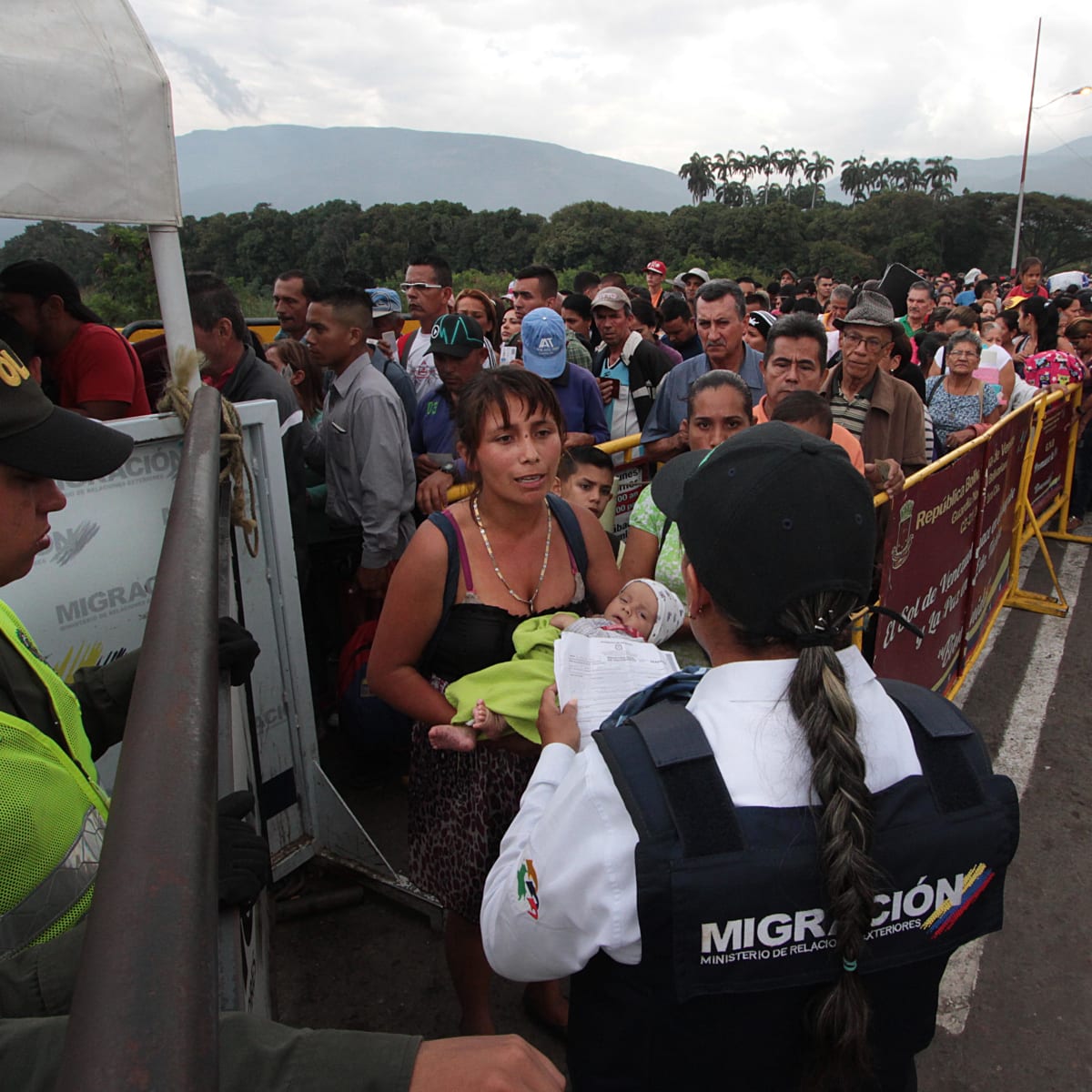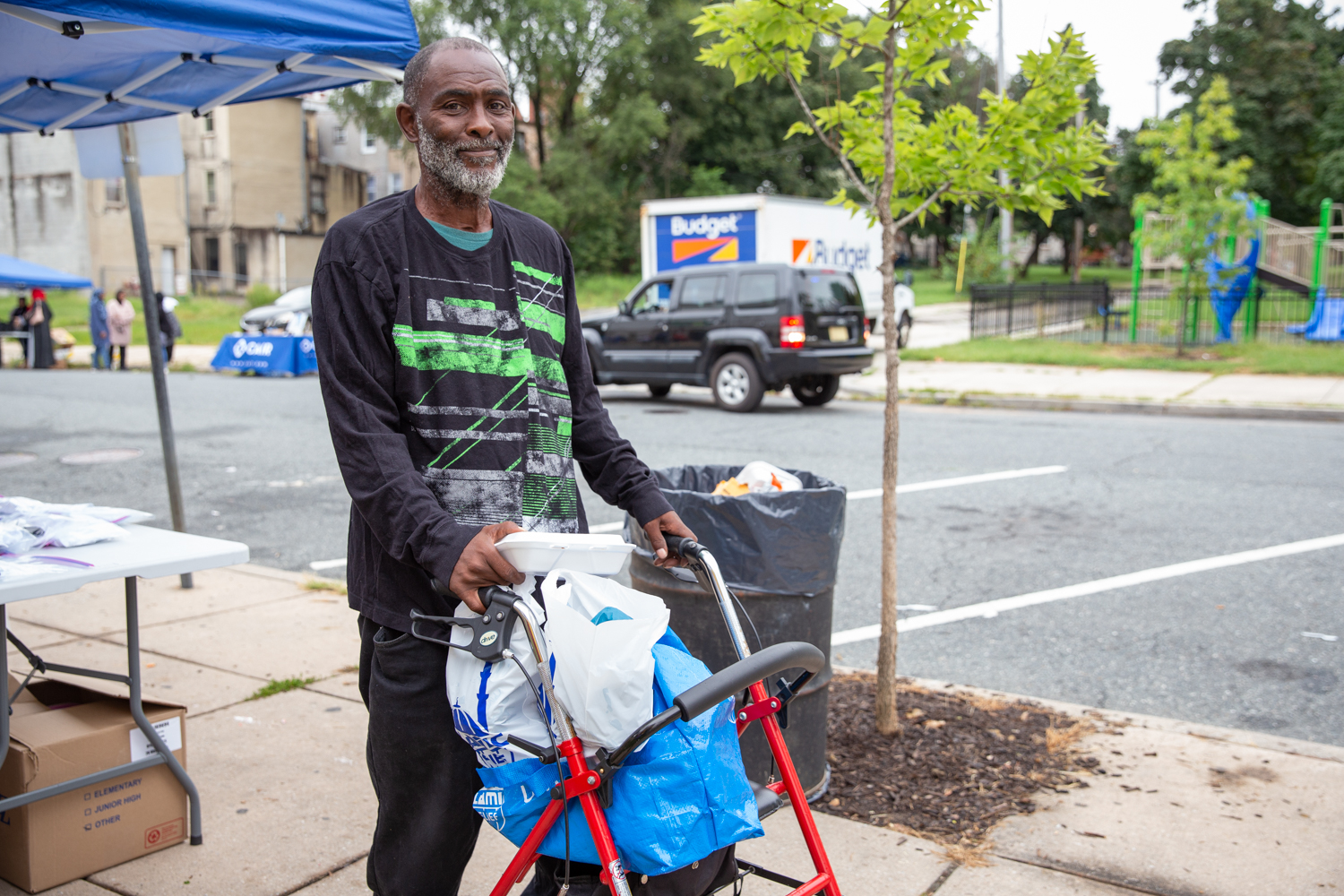
Fighting Hunger and Inequalities in Food Access
Brown bag education series tackles a top priority
By Konah Brownell, Intern in Communications and Public Affairs

When it comes to addressing food insecurity, it’s not so much that we don’t have enough to go around. Rather, it has more to do with structural inequalities or inequities.
That was the message from Dr. Laté Lawson-Lartego, an interim co-vice president of Global Programs at Oxfam, who was the featured guest in a virtual Islamic Relief USA “Brown Bag” webinar on Wednesday, July 7.
“Poverty and food insecurity exist not because of the lack of resources or opportunity but because of inequality,” he said.
During the one-hour session, Lawson-Lartego spoke about the organization’s innovative work in addressing food insecurity domestically and globally. In his role, Lawson-Lartego directs Oxfam America’s work by instilling inclusive, resilient, sustainable, and healthy food systems for all. He leads key program operations, while also serving as vice-chair of Oxfam’s West Africa Governance Group.

Inequality is the root of poverty and, thus, food insecurity, he said. The organization tries to address them from a holistic and systems approach, mostly by prioritizing local leadership.
Lawson-Lartego added that conflicts and climate change were also drivers of food insecurity and that the Covid-19 pandemic has exacerbated those issues.
During the coronavirus pandemic, Oxfam America has supported 581 partner organizations in 63 countries globally for emergency food and livelihood assistance, pandemic awareness, programs to help women and reduce gender-based violence, among other initiatives. Collectively, these programs helped reach 14 million people.

In his presentation, Larson-Largo discussed the five ways in which Oxfam and its partners tackle hunger and inequalities in food systems. They are:
*Immediate food assistance Livelihood support and recovery for small scale farmers;
* Urban food and agricultural value chain development;
*Integrating and addressing inequality, gender, and climate justice;
*Advocacy;
*Food governance reform (with government and companies).
Lawson-Lartego talked about a report issued by Oxfam in July 2020 which found that eight of the biggest food and drink companies paid over $18 billion to shareholders in the midst of the pandemic, which was ten times more than what the United Nations requested in their appeal to prevent people from going hungry. He also shared another Oxfam report from last year that warned some 12,000 people could die each day from Covid-19-linked hunger if no preventative measures were put in place.
Both reports conveyed that food insecurity exists because of the lack of equality and not the lack of resources.
While donors have been helpful, Lawson-Lartego pointed out that they are more responsive to the emotional appeal with hunger than fixing the root causes and inequalities.

Globally, food insecurity is on the rise in parts of Africa, Asia, and the Middle East. To address the high global hunger figures, Oxfam identifies the hotspots where the need is the greatest and places resources in those countries. For example, the Democratic Republic of Congo, Afghanistan, Syria, and Haiti showed an upward trend of food security issues, and Oxfam has prioritized building capacity there.
According to a recent 2021 Global Report For Food Crises, Lawson-Lartego said there is a significant increase in the number of people in Yemen and South Sudan who are suffering crisis-level hunger or worse in the first half of 2021.
Food insecurity is also a major issue in the United States of America. In 2019, more than 35 million people in America lived in food-insecure households, according to a report by the Department of Agriculture. To substantively tackle the issue of food insecurity, Lawson-Lartego said we must first combat the systems in place that reinforce inequalities and thus food insecurity.
“Our theory of change is that we have enough food in the world,” said Lawson-Lartego. “The quantity of food is not the issue. But it is the access, it is the distribution.”
Konah Brownell is a communications and public affairs intern at Islamic Relief USA. She is a rising junior at the University of Massachusetts Amherst where she majors in Political Science and Journalism.




